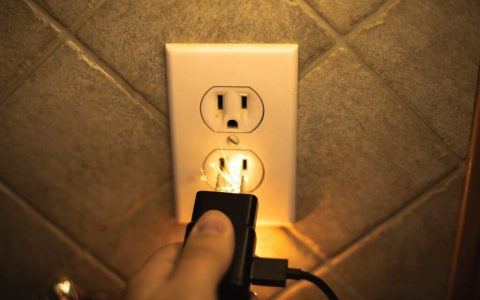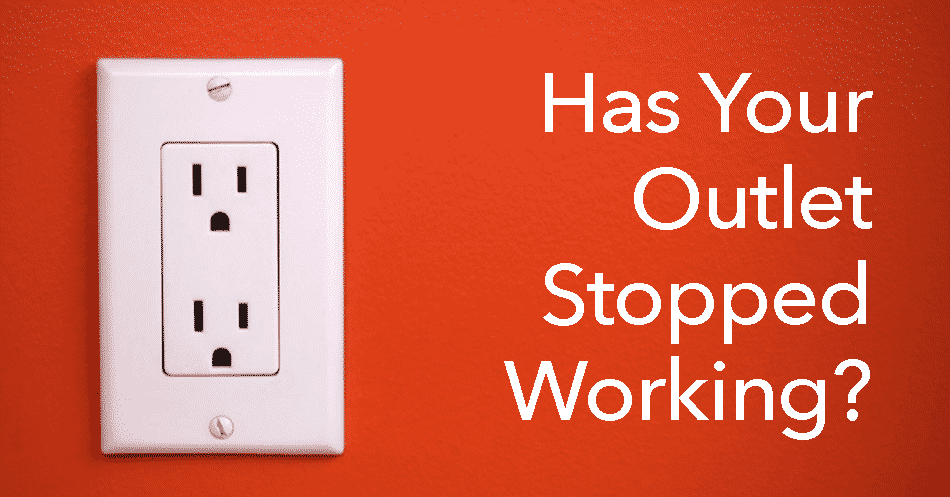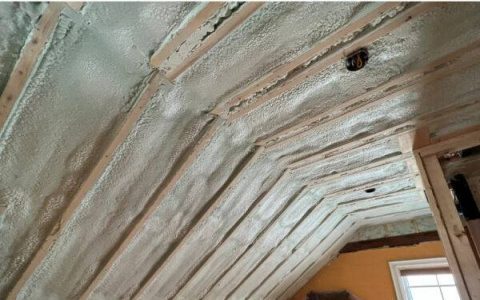Safety First: Before attempting any troubleshooting, ensure your safety. If you are uncomfortable or unsure about any electrical work, contact a qualified electrician. Always turn off the power to the circuit you are working on at the main electrical panel.
Initial Troubleshooting Steps
-
Test another device:
Plug a known working appliance (like a lamp or phone charger) into the outlet. This helps determine if the issue is with the outlet or the original device.

-
Check the circuit breaker:
Locate your electrical panel. Look for a tripped breaker switch, which might be in the "off" position or in a middle position between "on" and "off." Try resetting it by flipping it completely to "off" and then back to "on." If it trips again immediately, there's likely a persistent fault.
-
Inspect GFCI/AFCI outlets:
Ground Fault Circuit Interrupter (GFCI) outlets are common in areas near water (kitchens, bathrooms, outdoors) and have "TEST" and "RESET" buttons. If the non-working outlet is a GFCI, or is on a circuit protected by one, press the "RESET" button firmly. Sometimes, one GFCI outlet can protect several downstream standard outlets. Arc Fault Circuit Interrupter (AFCI) breakers or outlets, designed to prevent electrical fires, also have test and reset functions that might need attention.
Potential Causes
-
Loose wiring:

Over time, wire connections within an outlet can become loose. Caution: Inspecting and tightening wires requires turning off the power at the breaker and should only be done if you have experience with electrical work. Loose connections are a fire hazard.
-
Worn-out outlet:
The internal contacts of an outlet can wear out from frequent use, leading to poor electrical connection. In such cases, the outlet needs replacement.
-
Faulty wiring upstream:
The problem might not be with the outlet itself but with the wiring leading to it, or at another connection point in the circuit.

-
Overloaded circuit:
If too many high-power devices are plugged into the same circuit, it can cause the breaker to trip, deactivating the outlets on that circuit.
When to Call a Professional Electrician
Contact a licensed electrician if:
-
You have reset the breaker and GFCI, and the outlet still doesn't work.
-
The circuit breaker trips repeatedly.
-
You notice any signs of burning, such as a strange odor or scorch marks on the outlet or wall.
-
You are not comfortable performing any of the troubleshooting steps yourself.
-
You suspect the issue is more complex than a simple reset, such as faulty wiring within the walls.
Working with electricity can be dangerous. Prioritizing safety and seeking professional help when needed is crucial.













